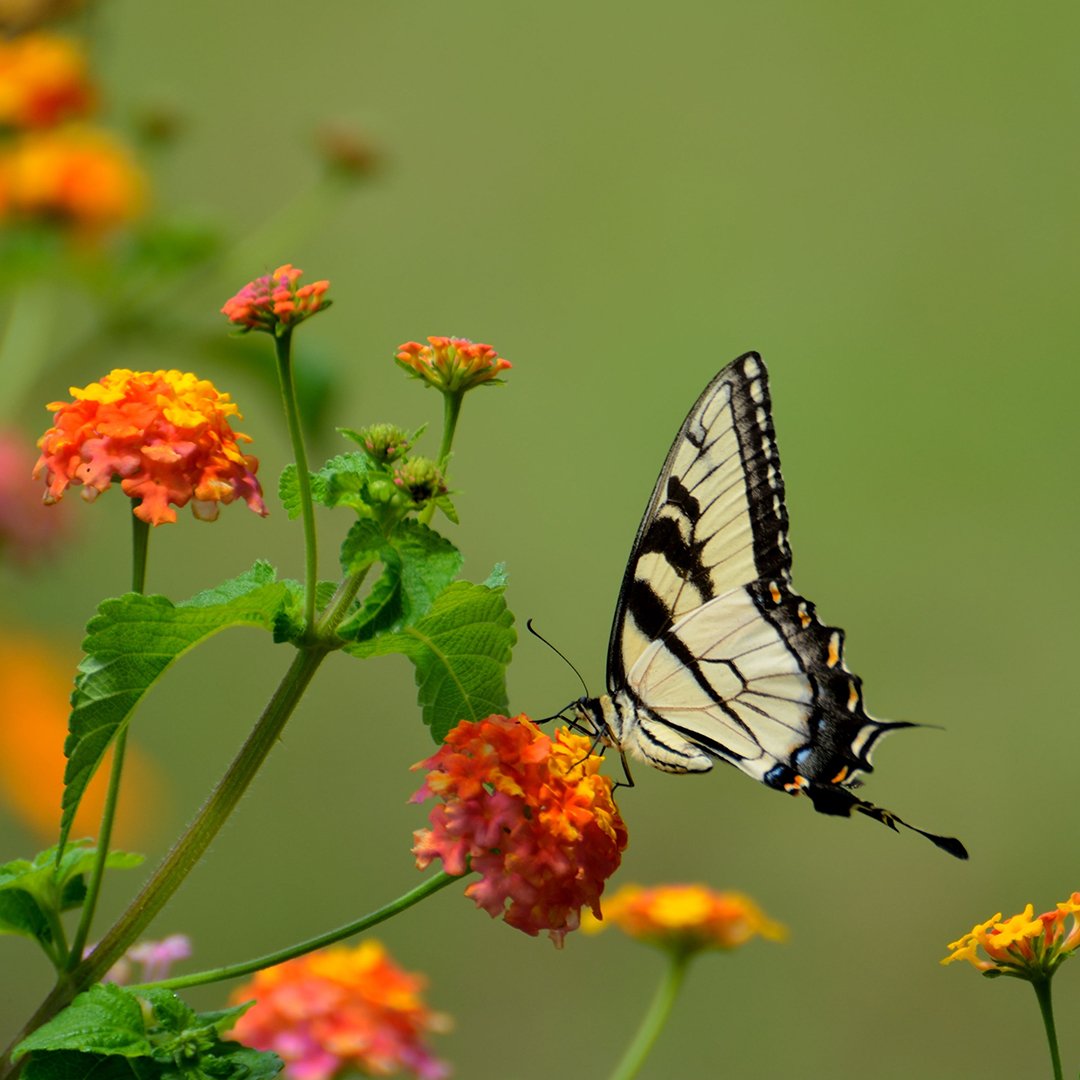

We Can’t Control Everything
🌿 Understanding the Desire to Control Everything in Life
How Can Striving for Control Impact Our Mental Health and Well-being?
In our lives, the impulse to control situations, people, and outcomes is a common phenomenon, yet for some, this urge can become overpowering. This strong desire for control, often rooted in the need to avoid negative emotions such as worry and disappointment, may seem like a protective mechanism. It promises predictability and safety by reducing uncertainty. However, the reality is that living in an ever-changing world makes total control an implausible goal. The pursuit of control can become detrimental, leading to mental rigidity, preventing us from experiencing life as it unfolds, and ultimately, diminishing our well-being. The constant struggle to manage every aspect of life not only consumes energy but may also amplify anxiety, limiting our ability to see life's vast array of possibilities and joys. Recognizing the limits of our control and adopting a more flexible approach can pave the way toward improved mental health and greater appreciation for the present moment.
🌱 Navigating the Quest for Control
How Does Trying to Control Everything Affect Our Emotional Well-being?
The relentless attempt to control every aspect of our lives can have a profound impact on our emotional well-being. It often leads to a vicious cycle of anxiety and disappointment. As we try to micromanage life's uncertainties, we set ourselves up for more stress and worry, essentially trapping ourselves in a state of mental unrest. This can prevent us from experiencing genuine happiness and satisfaction as we're constantly pursuing an unattainable state of perfection and predictability.
Can Letting Go of Control Improve Our Quality of Life?
Embracing the unpredictability of life and relinquishing the need for control can significantly enhance our quality of life. By accepting that we cannot control everything, we open ourselves to a broader spectrum of experiences and emotions. This acceptance can lead to increased flexibility, resilience, and a sense of peace. Letting go allows us to live more fully in the present, appreciating life in all its complexity and beauty, rather than being consumed by the endless pursuit of control.
What Are the First Steps to Reducing the Need for Control?
The journey to reducing the need for control begins with self-awareness. Recognizing when and why the urge to control arises is crucial. Once identified, practicing mindfulness by pausing and reflecting before acting can help manage this impulse. By slowing down our reactions and observing our desires for control, we create space for choice and change. This process not only decreases our need to control but also fosters a more adaptable and open approach to life's challenges and uncertainties.
🌟 Embrace Change for a Flourishing Life
One Simple Yet Powerful Practice to Cultivate Flexibility
To cultivate flexibility and reduce the overwhelming desire to control every aspect of your life, try implementing a simple yet profound practice: at the end of each day, take a moment to reflect on one situation you tried to control but couldn't. Without judging yourself, acknowledge the effort and then consciously let go of your hold on the outcome. Envision yourself physically releasing it and imagine how it feels to let this situation flow naturally without your intervention. This daily practice of letting go not only fosters acceptance of life's fluidity but also helps you recognize the limits of your control, leading to a deeper sense of peace and well-being. By gradually integrating this practice into your routine, you'll find yourself more at ease with life's inherent unpredictability, allowing you to experience the richness and beauty of the present moment.














